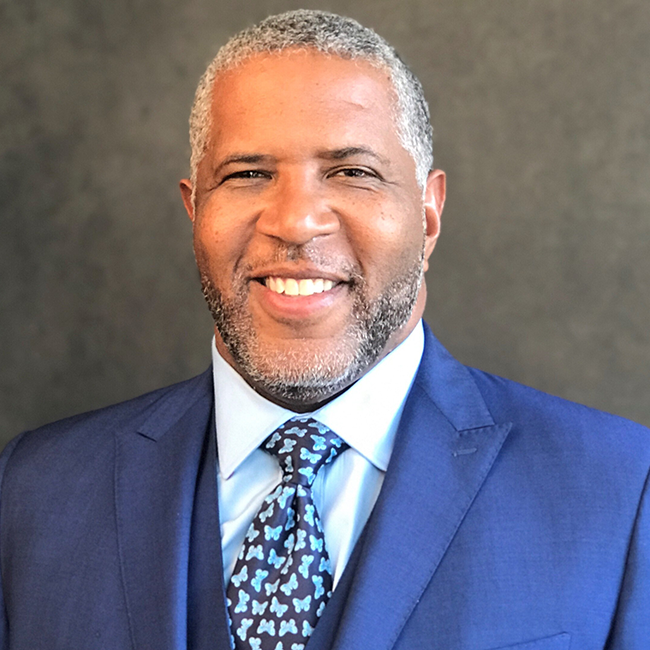
From sharing poignant life moments over a screen, to long-awaited reunions with friends, to the mental health repercussions of quarantine-induced isolation—our experiences through the pandemic, and amid ongoing geopolitical issues, have sharply emphasized the importance of our relationships and how they impact our overall well-being.
I view well-being as a skill that we can learn, practice, nurture, model, and continuously improve. According to Martin Seligman’s research and theory on well-being, relationships are one of the core components that comprise an individual’s well-being, alongside positive emotion, engagement, meaning, and accomplishments. The interactions we have with friends, family, colleagues, and our communities all contribute to whether we feel supported, valued, and loved—and these interactions become a key ingredient to a more fulfilling life.
Recognizing the significance of relationships, acknowledging their complexities, and cultivating them intentionally can be a helpful step in improving your well-being. Following are four questions to consider when thinking about how to cultivate relationships personally and professionally:
The relationships we cultivate today become our support system tomorrow.
1) Are you nurturing new and existing relationships?
In the workplace, employees crave stronger relationships and a genuine sense of connection. When unmet, this need compels them to leave. Among employees who quit their job recently, common reasons included not feeling valued by their organization (54 percent) or manager (52 percent), lacking a sense of belonging (51 percent), and wanting to work with people who trust and care for each other (46 percent).
As many workplaces settle into remote and hybrid work environments, we must adapt the ways in which we connect with others. Even an action as simple as checking in with your team weekly and asking, “How are you doing?” and taking time to listen, could help foster improved connectivity and a better sense of community.
2) Are you being purposeful in who you spend your time with and why?
Remaining thoughtful and intentional about the relationships we invest in is essential—particularly because this dynamic is a moving target. When my children were young, I made the decision to work part-time for several years so I could be present for important moments at home and at work. It was, without question, the right move for me and for my family. Much of the elusiveness of work-life balance stems from its constant evolution. Supporting colleagues’ ongoing pursuit of professional and personal goals and interests will contribute to well-being and foster workplace relationships that are not transactional.
Building and retaining a strong team requires similar intentionality: matching people based on strengths and connecting colleagues to work assignments in a way that energizes them and imbues their work with a sense of purpose is important. When employees understand how their personal purpose aligns with the organization’s purpose, they are more engaged and have an increased sense of fulfillment.
3) Are you fostering a relationship network that helps you and those around you overcome adversity?
The relationships we cultivate today become our support system tomorrow. When challenges inevitably arise—whether a global pandemic or something personal—the people in our lives lend us strength and resilience.
Leaders can foster a relationally rich workplace by creating opportunities for employees to build relationships. This is particularly important for incoming Gen Z team members, who report higher rates of anxiety, depression, and distress than any other age group. As employers welcome these individuals into the workforce and integrate them into their teams, a holistic approach can help meet the needs of this generation.
4) Are you mindful of what you and those around you need from relationships to thrive?
The need for human connection is universal, but people interact, forge relationships, and recharge in unique ways. Practicing well-being looks different for everyone; whether it’s taking a break to play piano, signing off early for dinner with friends, or pushing through with a team for a breakthrough on an exciting innovation. Personally, I prioritize getting eight hours of sleep each night, so that I can be at my best with my family and my teams at work.
Practicing empathetic leadership, and being vocal about what practices you implement to improve your own well-being, empowers employees to invest in themselves.
§
The pandemic created an opportunity to reshape the lives we build, the company culture we foster, and the communities we create. Now is the time to begin thoughtfully cultivating relationships to reimagine a better, more connected future.


















